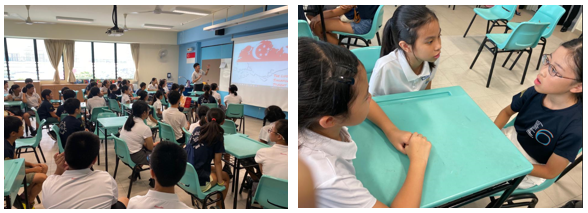Learning For Life Programme (LLP)
Learning For Life Programme (LLP)
Overview of LLP
Cultural Intelligence (CQ) ─ The Code of Life aims to develop in our ALPS students Civic Literacy, Global Awareness and Cross-Cultural Skills so that they can be concerned citizens who are rooted to Singapore, have a strong sense of civic responsibility, are informed about Singapore and the world, and take active parts in bettering the lives of others around them. In short, this LLP enables our ALPS students to GROW and GLOW (Good Character, Love for Learning and Openness towards World-Readiness).
In developing students’ cultural intelligence (CQ), which is defined as the capability of a person to function effectively in an environment that is culturally diverse (Earley & Ang, 2003), we hope that students will be equipped with the necessary knowledge, skills and attitudes to enjoy and benefit from cross-cultural experiences.

Using the DNA double helix as a metaphor, the LLP has two complementary strands. The first strand focusses on developing the Singapore Spirit in our students and the second strand targets to raise a lively curiosity in our students about the world and the culture of others. The two strands are joined together at the bases, where the information is encoded. This symbolises the fundamental understanding of self, which will be strengthened through mindfulness practice and will guide students in their cross-cultural interactions.
Earley, P. C., & Ang, S. (2003). Cultural intelligence: Individual interactions across cultures. Stanford University Press.
Programmes
The progressive Primary 4 to Primary 6 CQ curriculum is based on the Kolb’s experiential model as shown below.
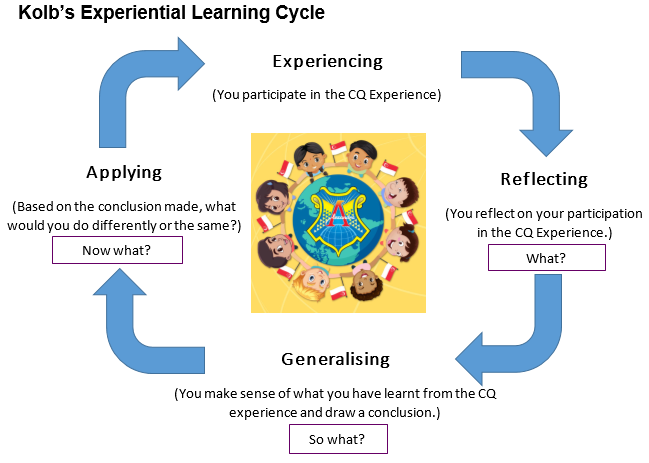
Introduction to CQ

Through playing a game, students get to discover the importance of understanding the shared rules (culture) in the context that they have entered. They also gain an introduction to the CQ four-factor model (Ang & Van Dyne, 2008).
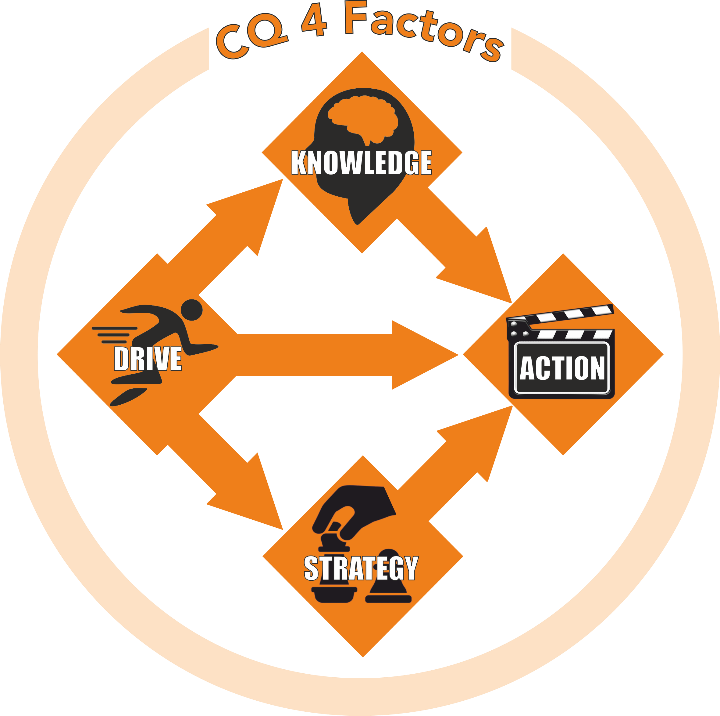
Primary 4 students apply CQ concepts to understanding local cultures. They apply what they have learnt to planning a party for invitees from different races in Singapore.
Ang, S., & Van Dyne, L. (2008). Handbook of Cultural Intelligence: Theory. Measurement and Application. Routledge.
Understanding CQ Knowledge

Through playing a CQ game designed by the school, Primary 5 students get to explore different aspects of culture. They will use what they have learnt to understand the culture of ancient civilisations and other countries, as part of their Social Studies curriculum.
CQ Experiences
The school organises experiences for students to apply what they have learnt about CQ.
P5 Values-in-Education (VIA) – Intergenerational Learning Programme
Students cross the culture of age in their interactions with senior citizens.
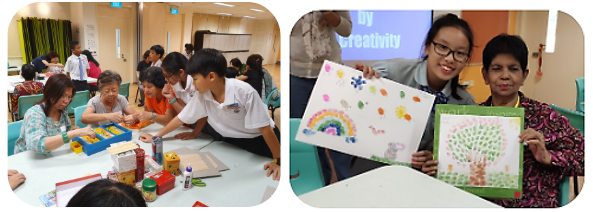
P5 Exchange Programme with Students from China
Students cross the culture of nationality through an opportunity to host students from China in our school.
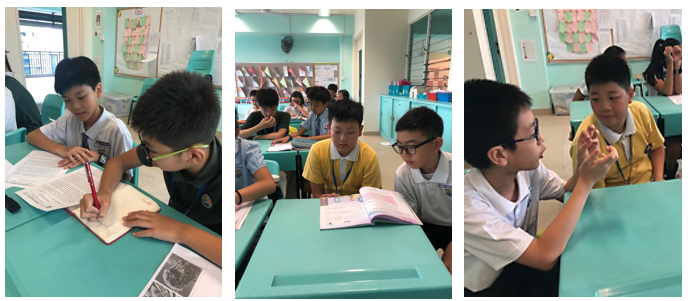
P5 Immersion Programmes to China and Brunei
A selected group of students cross the culture of nationality through an opportunity to be immersed in the culture of the visiting country.
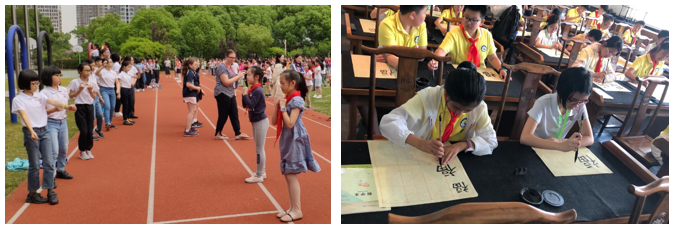
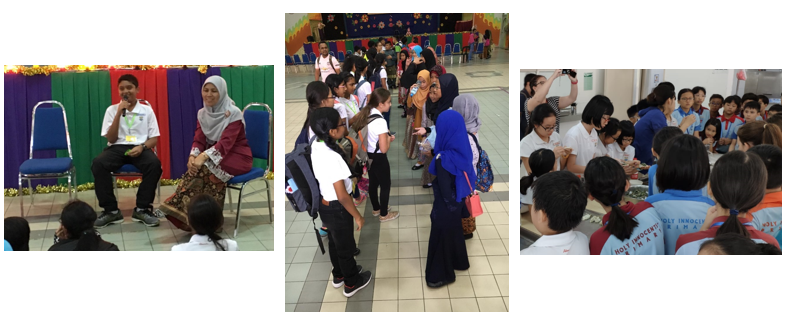
P6 Exchange Programme with Japanese Students
Students cross the culture of nationality through an opportunity to host students from The Japanese School, Singapore in our school. As flag-bearers of Singapore, our students shared with the Japanese students our culture and way of life.
